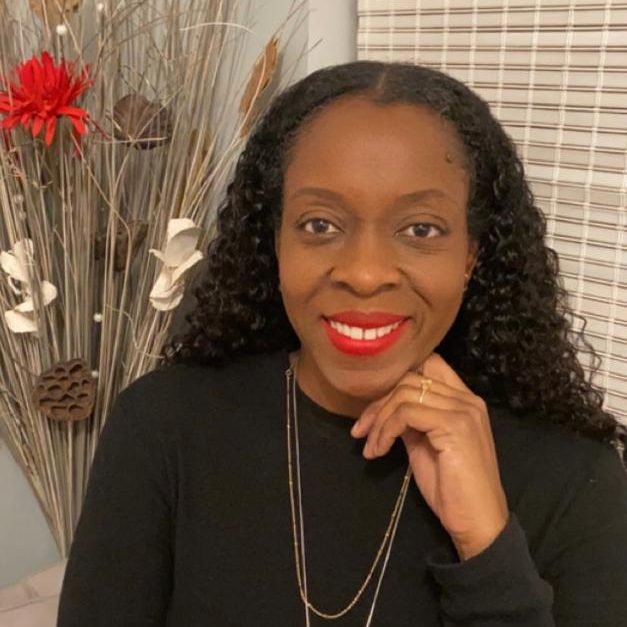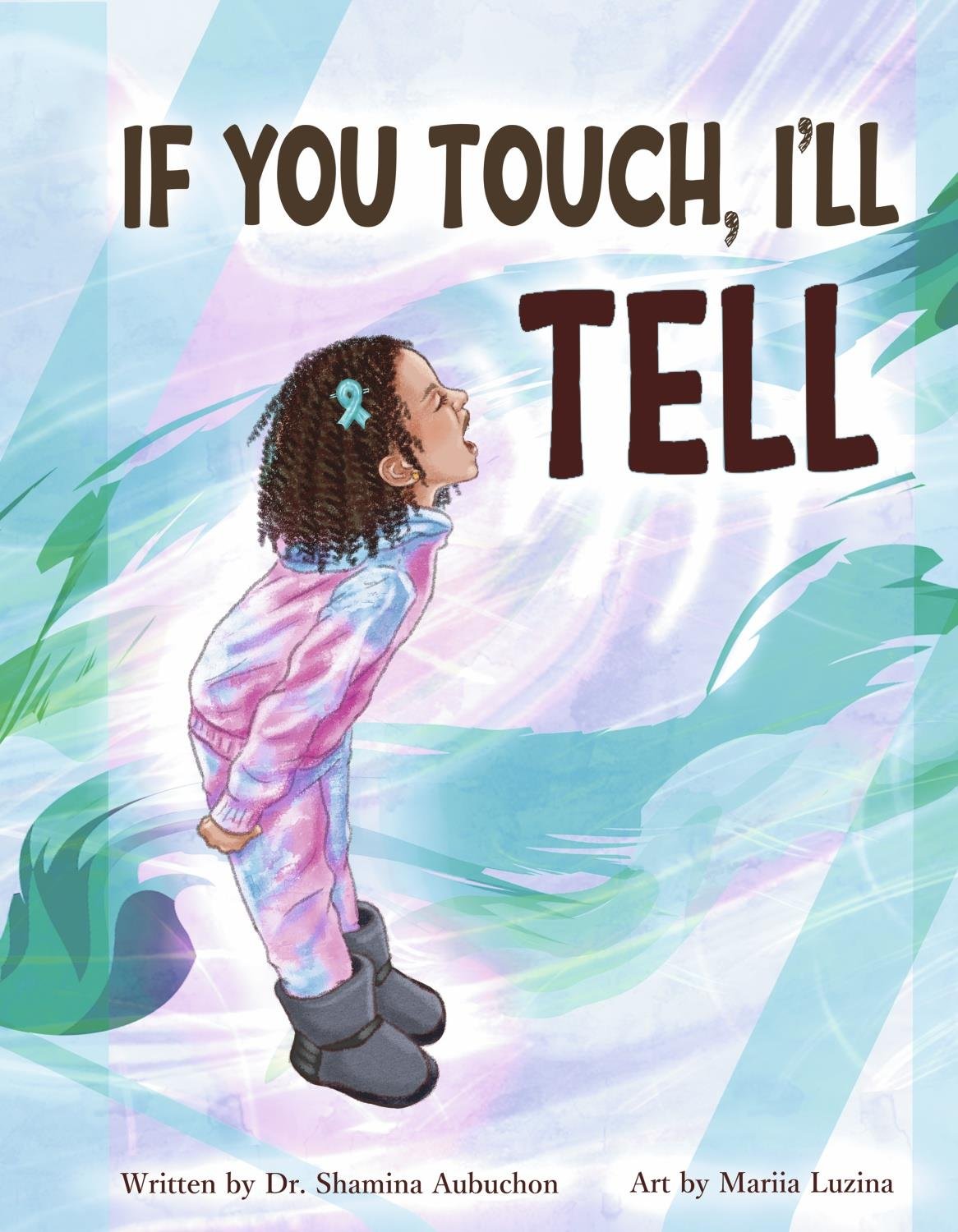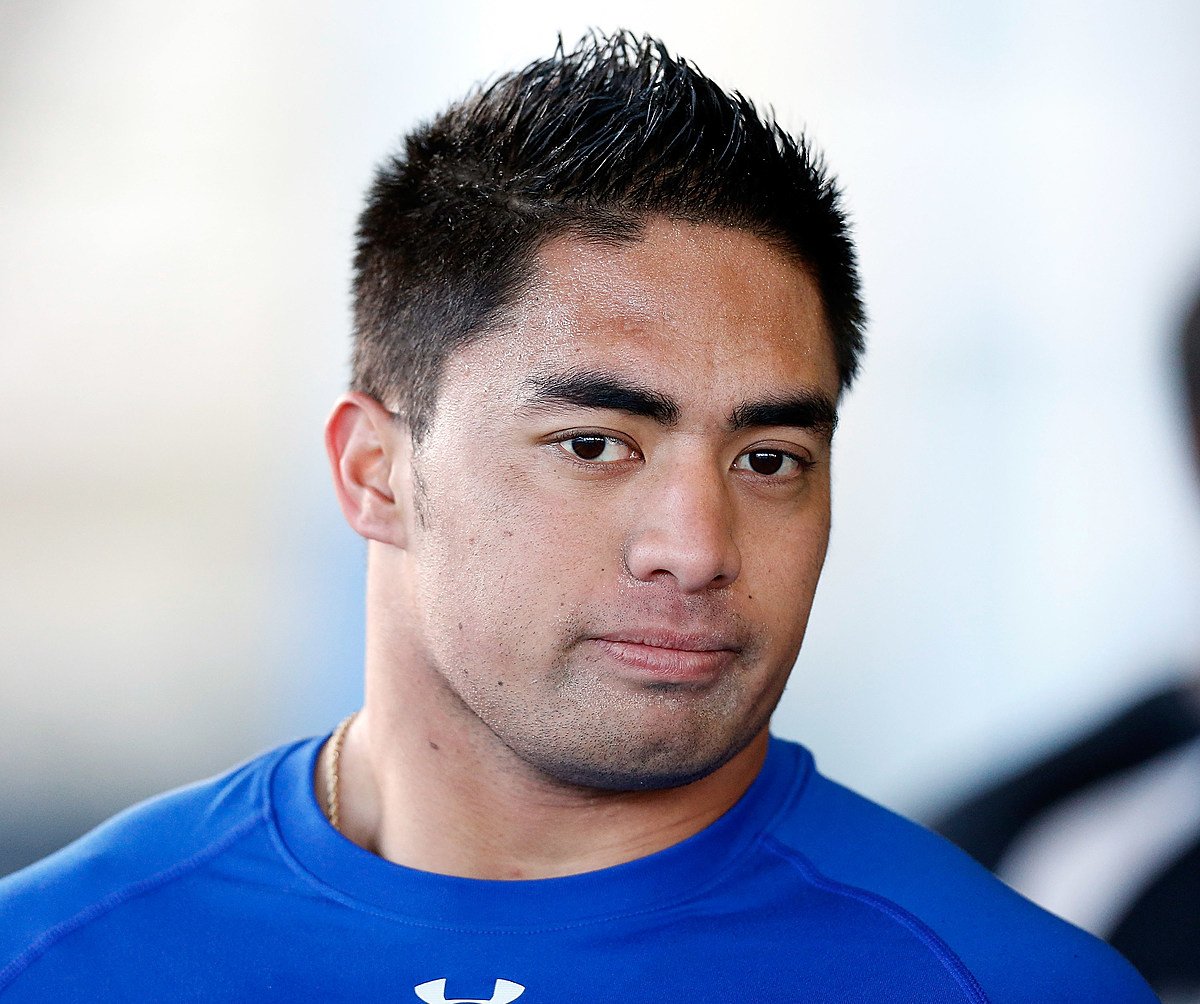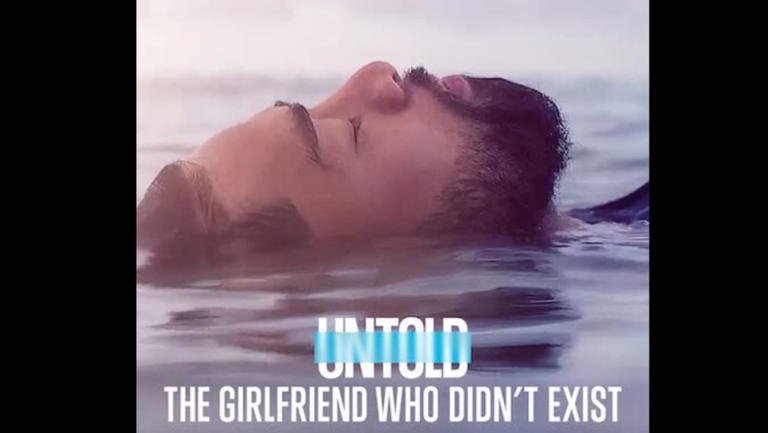Revisiting Vulnerability
A recent coaching client came to some insights regarding an issue she had been struggling with since assuming a new position at her tech firm. Describing her leadership style as direct, our client experiences her company culture and communication style as indirect and often ambiguous. This chasm causes her much exasperation, leaving her frustrated at not getting actionable answers in a timely fashion. This lack of directness was even evident in instances when positive support of good work should have been provided.
At the end of our final session, our client revealed that she had decided to be more transparent with both her team and colleagues. She had begun to intentionally share personal information with her team members, as she strove to deepen trust and strengthen relationships.
Being vulnerable takes courage. Even though we may feel discomfort, sharing things about ourselves, particularly personal information, can shift our relationships in ways that can make the risk very rewarding. Only when others connect with our values through our stories and experiences do they learn who we are as people and leaders. This, in turn, sets the stage for others to reciprocate, establishing a culture of mutual respect.
Our client had come to realize that she had to embrace a change in herself to effect a positive change with others. It was a wise action which she said moved the needle within a short period of time.
Our conversation brought to mind a former post about the power of vulnerability as authentic leadership that I would like to reshare.
Vulnerability: Leading Through Transparency
With a Master’s degree in radiobiology and a Ph.D. in Biomedical Sciences, Dr. Shimina Aubuchon has published extensively in the sciences. Her recent publication, though, took her out of the field of science and into a space that she said she has been resisting for some time—advocating against child sexual abuse.
Dr. Aubuchon has written “If You Touch, I’ll Tell,” a children’s book to arm kids with the “voice power” to speak up about inappropriate touching. With cutouts, a poster for communicating when their words aren’t there, and notes for a trusted adult, Dr. Aubuchon sees her book as a toolkit for children to “deactivate” predators.
From the ages of seven to fourteen, Dr. Aubuchon couldn’t find a way to tell an adult what was happening to her. At fourteen, she found her voice and spoke up. With this book, she wants to give children a way to recognize and verbalize what they are experiencing. Leaning into the anguish and trauma of her experience, Dr. Aubuchon put everything in the book that she felt she would have needed as a young child to help her speak up.
Aubuchon’s vulnerability has provided a vehicle for her to take a leadership role on an issue that has greatly impacted her life. Opening up through the wounds of an innocent seven-year-old, Dr. Aubuchon found the courage to take the pain and craft an empowerment tool for children who might face the same horror. She stepped into her vulnerability to lead the way as a child protector.
Reveal to Heal
Football star Manti Te’o says he had an epiphany that hit him “like a ton of bricks” after hearing the lyrics, "You cannot heal what you don’t reveal,” at a Jay-Z concert. It was a long time coming—after ten grueling years—going from being a Heisman trophy finalist to being labeled a fool, a liar, and even perpetrator of a hoax.
What Te’o realized was that he needed to step back into his most vulnerable, heart-wrenching experience and tell the full story of a non-existent girlfriend who purportedly died, but was, in truth, alive. A bizarre tale that had everyone reeling and took the media by storm in 2012, Te’o’s story is told in the new Netflix documentary Untold: The Girlfriend Who Didn’t Exist.
Te’o now understands that he had to open up and be truthful when asked about being catfished by the person who he knew as his “girlfriend.” When he took the risk to speak his truth, Te’o found not only self-discovery, but that love and support were there for him—from family and friends. With anxiety and numbness plaguing him on and off the field, he forgave both the person who catfished him and himself. Te’o is determined to rise above the fray and be an inspiration to whoever needs his brave example—and as he says in the documentary, “even if it’s just one person.”
With vulnerability comes risk and the potential of being judged. The reward becomes evident as we nurture our authenticity and build trust.
Vulnerability reveals our voice—what we think, believe, and at times, the lived experience that got us to where we are.
As leaders, our courage shines through the myriad of ways we show vulnerability—no matter how small. Being vulnerable doesn’t always have to be on the magnitude of Dr. Aubuchon or Manti Te’o’s revelations. They shared their truth, plunging into a place of deep discomfort, only to come out stronger and more purposeful. What I find beautiful about these vulnerabilities is how anguish was turned into a gift that ultimately serves others.
The gift of vulnerability—an essential connector.
As jazz music is foundational to our perspective here, we invite you to watch the last two episodes of Greg’s podcast, Straight Ahead, featuring deep dives into jazz and life with best-selling author Seth Godin and the award-winning classical composer Dan Asia.
We will be taking a holiday break from Christmas through the New Year. We wish you and yours a holiday season filled with health, wellbeing, and joy.





